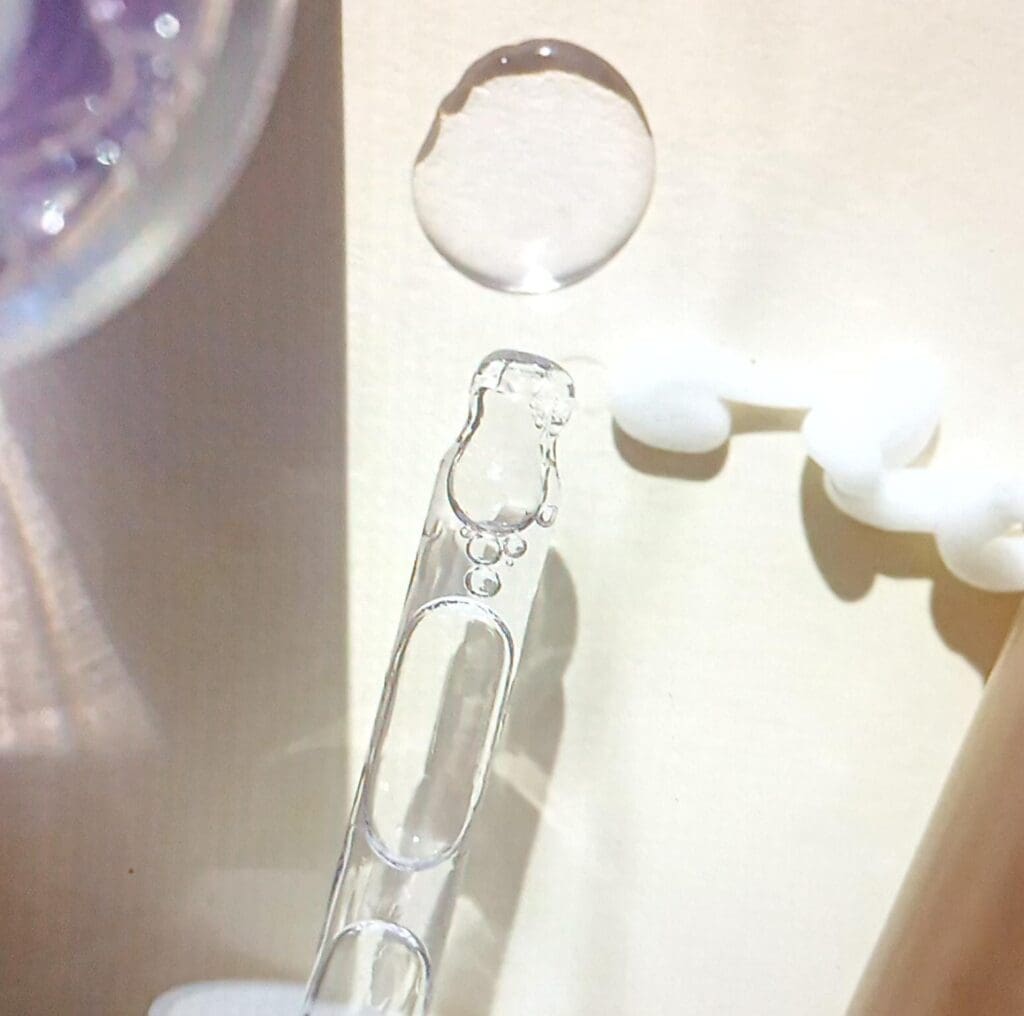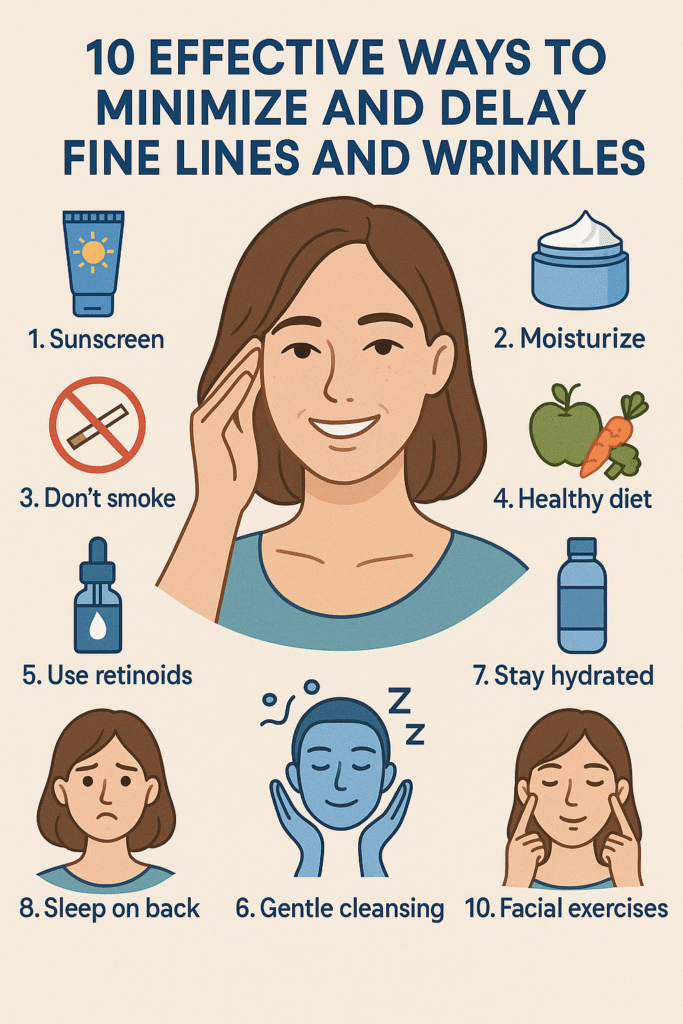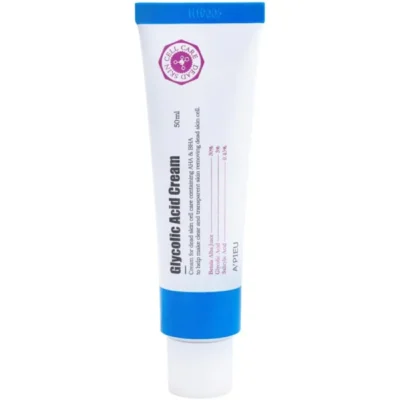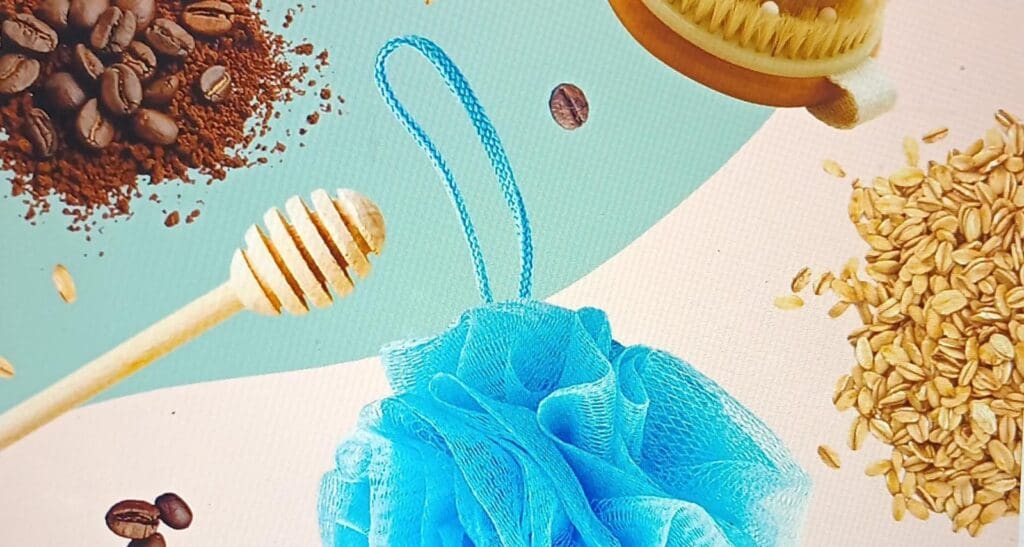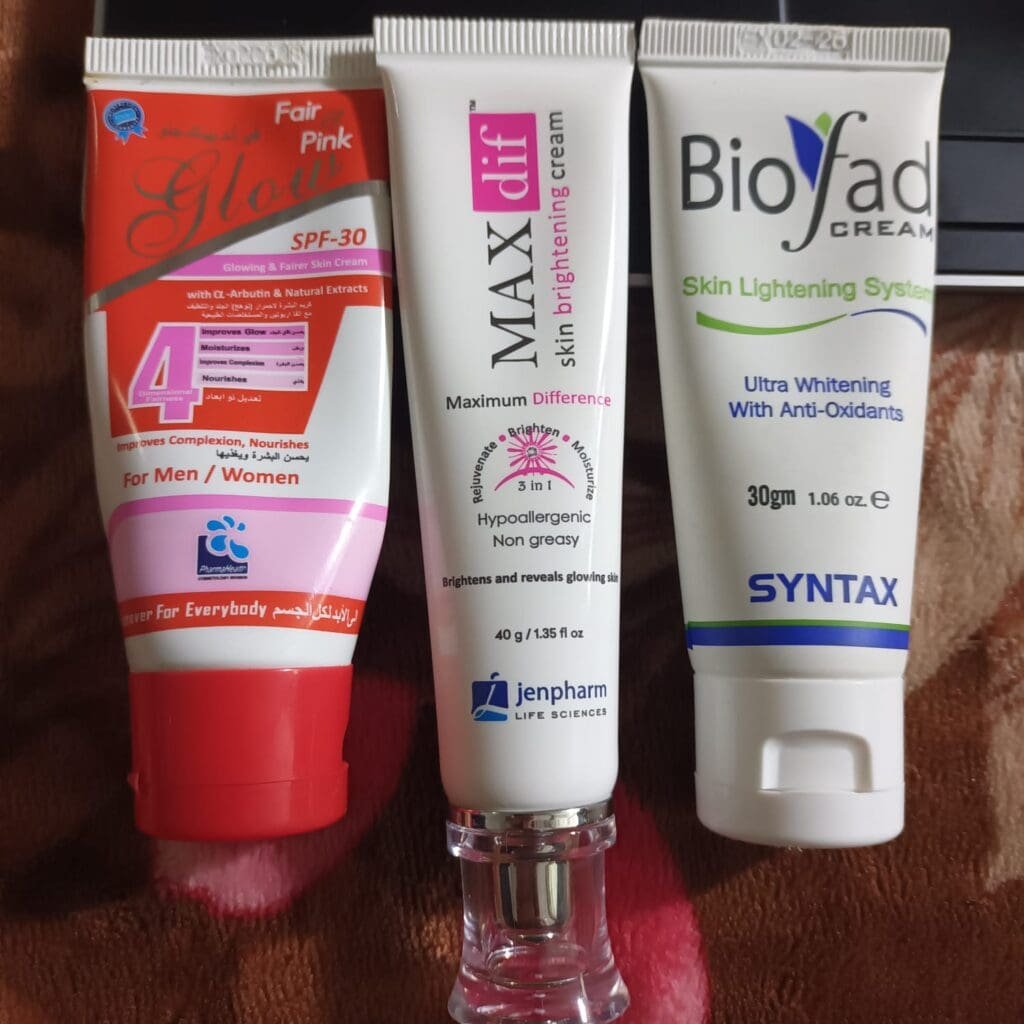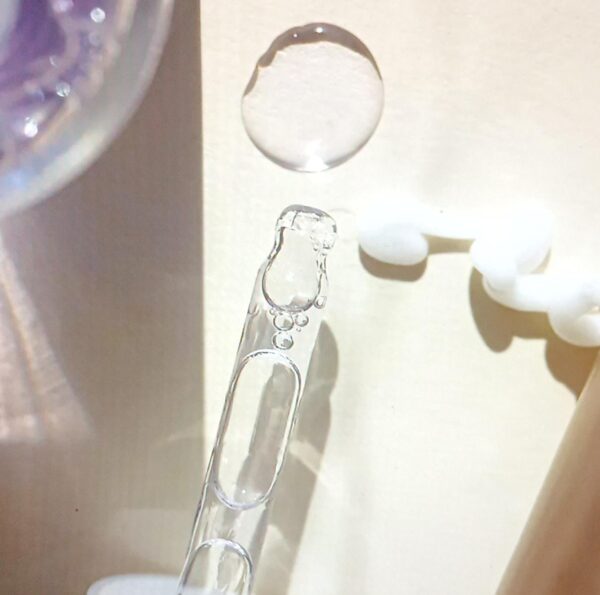
Best Ingredients to Use Instead of Retinol
Retinol is one of the most popular and well-researched ingredients in the skincare industry, known for its ability to reduce signs of aging and improve skin texture.
Dermatologists and skincare enthusiasts alike praise it for its effectiveness in minimizing wrinkles, fine lines, and uneven skin tone.
However, retinol is not suitable for everyone.
People with sensitive skin, conditions like rosacea or eczema, or those who are pregnant often need to avoid it due to potential irritation and side effects.
While no other ingredient matches retinol exactly in how it works, there are several great alternatives that can offer similar anti-aging benefits without the harsh side effects.
These options are gentler, effective, and worth exploring if you are looking for a solution that suits your skin better. Here are seven excellent retinol alternatives to consider:
1. Bakuchiol
Bakuchiol is widely considered the closest natural alternative to retinol. It comes from the seeds of the Psoralea corylifolia plant and has anti-inflammatory and antioxidant properties, making it effective in treating signs of aging like wrinkles and uneven skin tone.
One of bakuchiol’s standout qualities is that it offers similar results to retinol but without the irritation.
Research has shown it can help reduce the appearance of wrinkles and improve skin firmness without causing redness, peeling, or sensitivity.
It is gentle enough for all skin types and is even safe for use during pregnancy, making it a great retinol substitute for those with more delicate skin.
2. Vitamin C
Vitamin C is a potent antioxidant that works to brighten skin, fade dark spots, and protect it from environmental damage.
It is particularly helpful in addressing sun damage, hyperpigmentation, and fine lines, making it a top choice for those seeking a gentler alternative to retinol.
Vitamin C neutralizes free radicals, which can harm skin cells and speed up aging. It also boosts collagen production, which helps improve skin elasticity and firmness.
Unlike retinol, vitamin C does not make your skin more sensitive to the sun, so it’s safe to use during the day, and it’s also pregnancy-safe.
3. Peptides
Peptides are short chains of amino acids that play a key role in building proteins like collagen and elastin.
They are commonly used in anti-aging products due to their ability to promote collagen production, making them a valuable alternative to retinol.
Certain peptides, such as Palmitoyl Tripeptide-38, help reduce the appearance of wrinkles and improve skin texture by signaling the skin to repair itself.
Unlike retinol, peptides don’t cause irritation or dryness, making them a great choice for long-term use without the potential for side effects.
4. Sea Buckthorn
Sea buckthorn oil is packed with nutrients like vitamins C, E, and A, along with essential fatty acids. This antioxidant-rich ingredient nourishes the skin while targeting signs of aging.
Due to its high beta-carotene content (a precursor to vitamin A), sea buckthorn is considered a natural alternative to retinol.
It helps brighten the skin, improve elasticity, and protect against environmental damage. Its hydrating properties also make it suitable for dry or sensitive skin types.
5. Azelaic Acid
Azelaic acid is a gentle yet effective option often used to treat acne, rosacea, and hyperpigmentation. It has anti-inflammatory properties that soothe sensitive skin and works to even out skin tone by reducing dark spots.
Unlike retinol, azelaic acid does not cause photosensitivity, so it is safe to use during the day.
It is a good alternative for people who want to avoid irritation while still achieving a more even complexion. It is also safe to use during pregnancy, making it a popular choice for those needing a retinol-free option.
6. Alpha Hydroxy Acids (AHAs)
AHAs, like glycolic and lactic acids, are natural exfoliants that remove dead skin cells, revealing smoother, more even skin. Glycolic acid, in particular, is known for its ability to brighten the complexion and reduce fine lines, much like retinol.
Although AHAs do not stimulate collagen production in the same way retinol does, they help improve skin texture and tone, making them a strong alternative.
They are especially effective for addressing uneven skin tone and dullness. Used correctly, AHAs can gently exfoliate without the irritation that often comes with retinol.
7. Niacinamide (Vitamin B3)
Niacinamide is a versatile ingredient that strengthens the skin’s barrier, reduces inflammation, and improves skin tone. It is especially useful for those dealing with dark spots, redness, or irritation.
As a retinol alternative, niacinamide stands out for its ability to enhance skin elasticity and reduce fine lines over time.
It is extremely gentle, making it an ideal option for people with sensitive skin or those who find retinol too harsh. Plus, it works well with a wide range of other skincare ingredients, so you can easily incorporate it into your routine.
Conclusion
Retinol may be a popular skincare ingredient, but it is not the only solution for smoother, youthful-looking skin.
If you are searching for a gentler option due to sensitive skin, pregnancy, or other reasons, these seven alternatives provide excellent benefits.
From bakuchiol to AHAs, each offers effective anti-aging results without the irritation that often comes with retinol.
By choosing the right option for your skin, you can achieve a glowing, youthful appearance while using ingredients that are kinder and more suitable for your needs.
Frequently Asked Questions (FAQs)
Q.1 What Is the Best Natural Retinol Alternative?
Bakuchiol is currently the most well-known natural alternative to retinol. It comes from the seeds of the Psoralea corylifolia plant and has been shown to deliver similar anti-aging results without the irritation often caused by retinol. Clinical studies have backed its effectiveness, making it a go-to for those seeking a gentler option. Plus, bakuchiol is suitable for all skin types and even safe to use during pregnancy.
Q.2 What Retinol Alternatives Can I Use During Pregnancy?
For pregnancy-safe skincare with results similar to retinol, several ingredients can help. Vitamin C, niacinamide, azelaic acid, bakuchiol and peptides are all safe for use during pregnancy and breastfeeding. These ingredients help address concerns like fine lines, dark spots, and uneven skin tone without the risk associated with retinol. However, it is always best to check with your doctor or dermatologist to be sure they are right for your individual skincare needs.
Q.3 Is Rosehip Oil a Retinol Alternative?
Rosehip oil is often marketed as a retinol alternative, but it does not quite live up to that label in terms of results. While it contains some naturally occurring vitamin A derivatives, the levels are too low to replicate retinol’s effects. That said, rosehip oil is still a great moisturizer loaded with antioxidants, essential fatty acids, and vitamins that nourish and protect the skin, making it a worthy addition to any routine.
Q.4 Are Retinol Alternatives as Effective as Retinol?
While retinol alternatives such as bakuchiol, peptides, or vitamin C can provide similar anti-aging benefits, they do not work exactly the same way as retinol. Retinol directly influences skin cell turnover and collagen production, which gives it its potent effect. However, many people find that these alternatives, while slightly milder, are still highly effective over time and come without the irritation and sensitivity that retinol can sometimes cause.

Education: University of Peshawar
Ahmad Khan holds a Master’s degree in Chemistry and has been writing about skincare for over five years. With a deep understanding of ingredients and their impact on the skin, he enjoys sharing practical, science-based skincare advice. When not writing, he loves playing with his kids.
